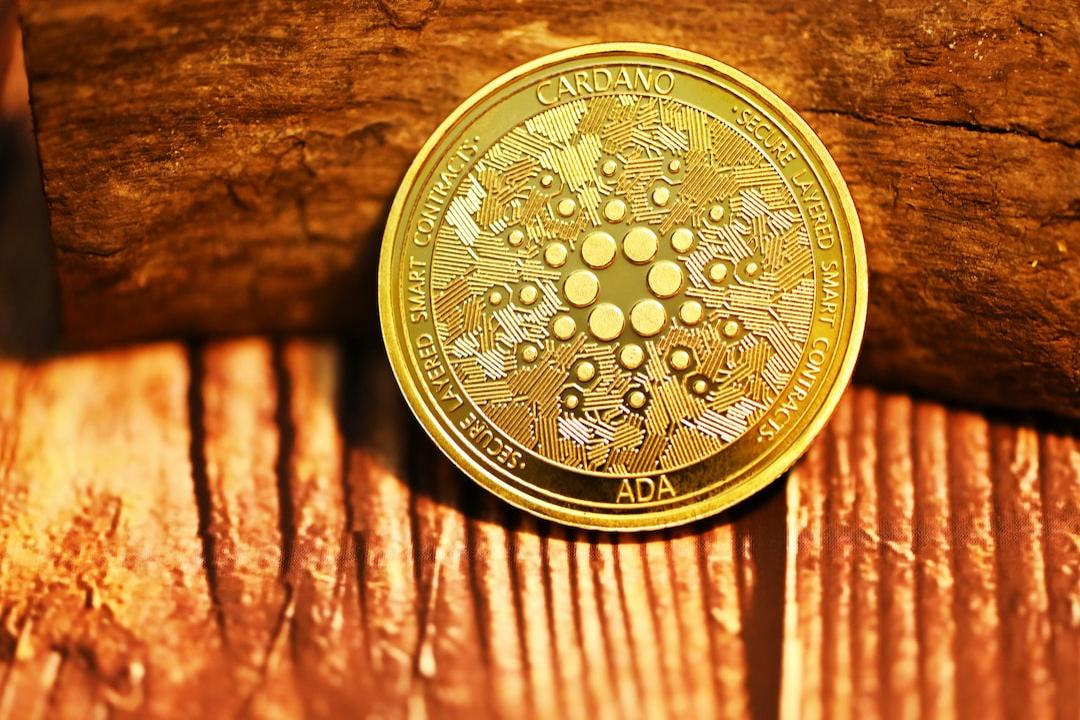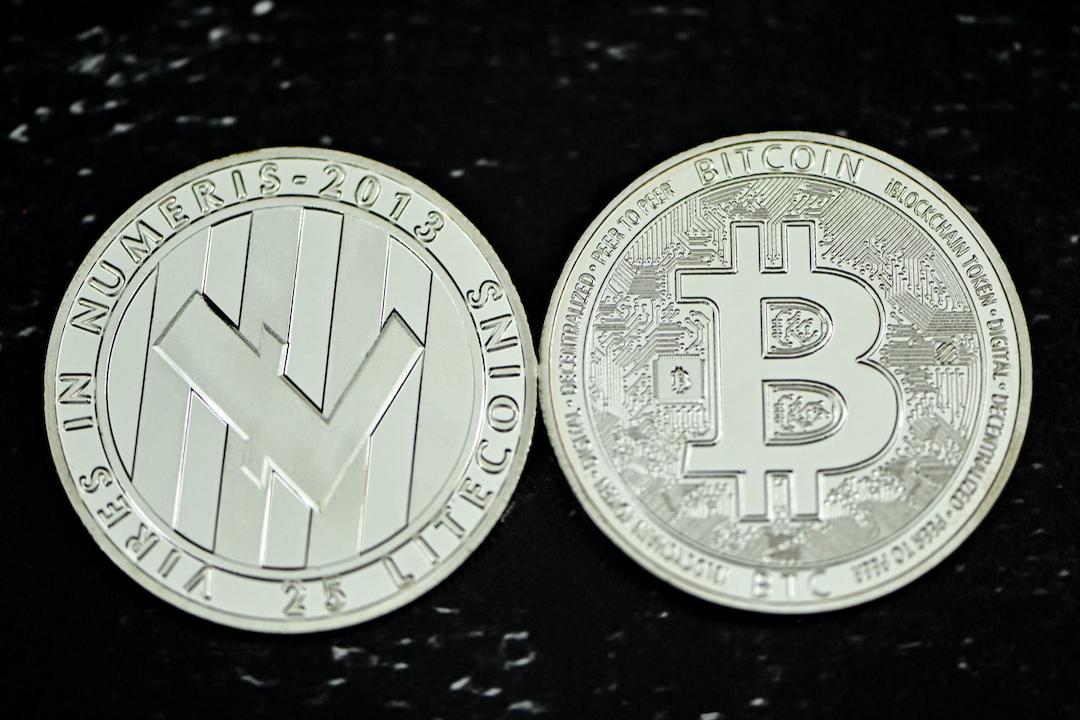Comments by Cryptocurrency Lawyer Lin Hongyu (Guo Ke) on the Steaker Virtual Asset Platform Case: Why the Outcome of This Case Will Have a Profound Impact on Taiwan’s Cryptocurrency Investment Circle?
(Background: The Steaker Case May Require Constitutional Interpretation! Lawyer Guo Ke: The Most Important Judgment Impacting Taiwan’s Cryptocurrency Investment)
(Background Supplement: Guo Ke’s Special Article: Bitcoin Investment Experiment: Results of 500 Days of Continuous Observation Released)
Contemporary financial technology is evolving rapidly, with various financial products and investment types emerging continuously. Since the launch of Bitcoin in 2009, cryptocurrency has gradually moved from a fringe technology to mainstream application, becoming a tool adopted by the general public and commercial institutions for transactions of physical goods, service exchanges, and asset allocation. With its characteristics of decentralization, global accessibility, and high anonymity, cryptocurrency indeed expands the freedom of transactions; however, its strong financial attributes, rapid cross-border transfers, and potential anonymity also create various legal challenges.
The nationally renowned digital asset management platform, STEAKER (Seychelles Shengsidi Ke), launched an investment plan for the USDT stablecoin to attract public investment, allegedly illegally raising approximately NT$1.48 billion. The district prosecutor’s office prosecuted Steaker, its responsible persons, and core executives for illegally operating a deposit-taking business under the Banking Act.
According to public information, the Steaker case only accepted virtual assets (such as USDT stablecoin) and provided allocation returns, without accepting cash or remittances (fiat currency), nor did it offer exchanges between fiat and stablecoin. The Steaker case has a significant impact on Taiwan’s technology startups and the cryptocurrency industry, especially since this case may represent the first time in history a court has expressed a major legal dispute regarding whether “the sole acceptance of stablecoins (USDT) constitutes a violation of the Banking Act.”
Legal Dispute over Illegal Fundraising in Cryptocurrency:
- Article 29, Paragraph 1 of the Banking Act states: “Unless otherwise provided by law, non-banks shall not operate deposit-taking, trust management of trust funds, public property, or conduct foreign exchange business.” The term “deposit-taking” is defined in Article 5-1 of the Banking Act as “the act of receiving funds or absorbing capital from an unspecified majority of people, with an agreement to return the principal or provide equivalent or higher than the principal.”
- Article 29-1 of the Banking Act states: “If funds or capital are received or absorbed from a majority or unspecified persons under the guise of loans, investment acceptance, becoming shareholders, or other titles, while agreeing or providing dividends, interest, or other remuneration that is significantly disproportionate to the principal, it shall be considered as deposit-taking.” Those violating Articles 29 and 29-1 of the Banking Act shall be subject to punishment under Article 125 for illegal fundraising.
Regarding whether cryptocurrency (whether Bitcoin or stablecoins) constitutes “funds” or “capital” as referred to in the Banking Act, and whether cryptocurrency falls within the scope of illegal fundraising penalties, there have been two completely opposing court views in the past, reflected in the following three landmark judgments:
- Does not constitute illegal fundraising (Taiwan High Court Judgment 107 Year Jin Appeal No. 83): This judgment held that Bitcoin does not constitute a business under Article 3 of the Banking Act (which banks may operate) and thus does not fall under the term “funds and capital” in Article 29-1 of the Banking Act. Therefore, the court concluded that virtual assets such as Bitcoin are not businesses that banks can legally operate, and thus do not constitute the crime of illegally operating deposit-taking (Article 125, Paragraph 1 of the Banking Act).
- Constitutes illegal fundraising (Supreme Court 111 Year Tai Shang Zi No. 5556 and Supreme Court 112 Year Tai Shang Zi No. 317): The results of these two judgments appear to contradict the Taiwan High Court Judgment 107 Year Jin Appeal No. 83, creating the concept of “indirect capital flow.” It was held that the defendant, by receiving game tokens, virtual currencies, etc., could be equated with receiving cash or remittances (fiat currency), thus constituting illegal fundraising. However, the actual criminal facts in these two judgments state: “…potential investors, even if they do not hold Bitcoin, can participate in investment through cash payments or by remitting funds to designated accounts,” and “inviting unspecified persons to invest…in Bitcoin mining machines, with investment funds mostly paid in cash.” The factual background of both cases involved the absorption of fiat currency, differing from the background facts of the Steaker case.
Future Implications
The Steaker case will have a profound impact on Taiwan’s technology startups, necessitating a reevaluation of the compliance of numerous business models. Moreover, the court handling the Steaker case must adopt one of the two completely different practical views (or create a new interpretation?) in its ruling, addressing the major legal dispute over whether the acceptance of stablecoins (USDT) constitutes illegal fundraising.
In fact, in the past, this significant legal dispute had other similar cases that attempted to petition the Constitutional Court (Grand Justices) for review after judgment (Constitutional Court 113 Year Shen Cai Zi No. 569). Unfortunately, the Grand Justices did not express a position on this dispute and ruled “not to accept” by declaring it unlawful.
Regardless of how the ruling turns out, the issue of whether the acceptance of virtual assets constitutes a violation of the Banking Act will continue to present two differing court views. Whether the Constitutional Court will resolve the discrepancies in court views is worth ongoing monitoring.



